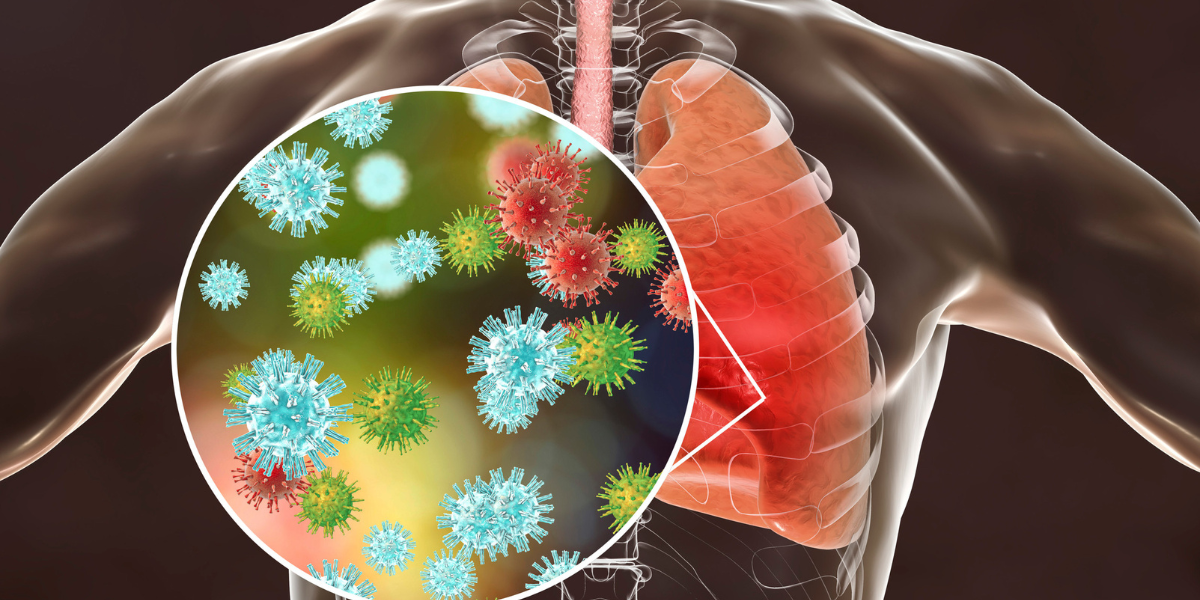Pneumonia
Pneumonia is an infection that inflames the air sacs in one or both lungs, which may fill with fluid or pus, causing symptoms such as cough, fever, chills, and difficulty breathing. It can be caused by a variety of organisms, including bacteria, viruses, and fungi, and can range from mild to life-threatening, particularly in young children, older adults, and people with weakened immune systems.
Diagnosis is typically based on a combination of physical examination, patient history, chest X-rays, and sometimes blood tests or sputum cultures. Treatment depends on the type and severity of pneumonia but often includes antibiotics for bacterial infections, antiviral medications for certain types of viral pneumonia, and supportive care such as rest, fluids, and pain relievers.
Preventive measures, such as vaccination, good hygiene, and avoiding smoking, are important in reducing the risk of pneumonia. Early detection and treatment are key to managing pneumonia effectively and preventing complications.


